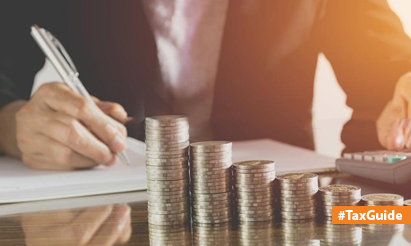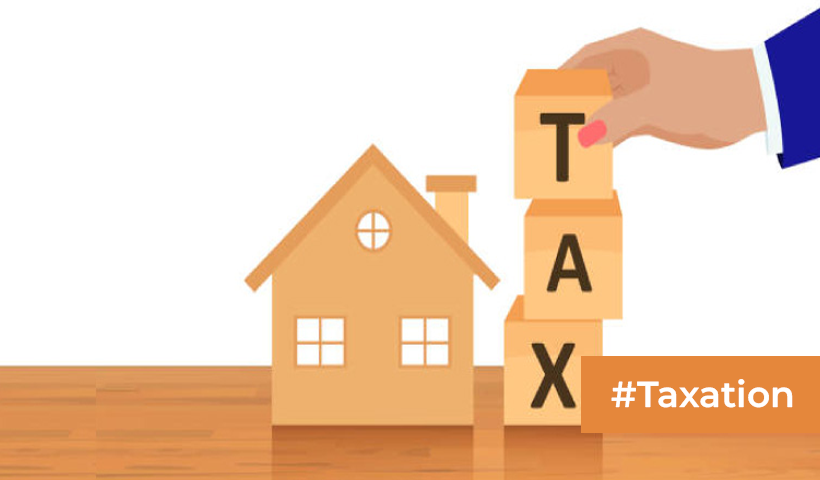GST on Real Estate in India: What You Need to Know!
The Goods and Services Tax (GST) is a value-added tax (VAT) introduced in India on July 1, 2017. It is a single tax that is levied on most goods and services sold in India. The GST rate for real estate in India is 5% for under-construction properties and 1% for affordable housing.
Affordable housing is defined as a residential unit that is priced below a certain threshold, which is currently set at ₹45 lakh (US$60,000) in most states. The GST rate for affordable housing is lower than the general rate of 5% in order to make it more affordable for low-income buyers.
The GST is payable by the developer or builder, who is responsible for collecting the tax from the buyer and then depositing it with the government. The GST is not payable on completed properties that are sold on a ready-to-move-in basis.
The GST has had a mixed impact on the real estate sector in India. On the one hand, it has made it more expensive to buy under-construction properties. On the other hand, it has made it more affordable for low-income buyers to purchase affordable housing.
The GST is still a relatively new tax, and it is too early to say what its long-term impact on the real estate sector will be. However, it is likely to have a significant impact on the way that real estate is bought and sold in India.
Here are some of the key things to know about the GST on real estate in India:
- The GST rate for real estate is 5% for under-construction properties and 1% for affordable housing.
- The GST is payable by the developer or builder, who is responsible for collecting the tax from the buyer and then depositing it with the government.
- The GST is not payable on completed properties that are sold on a ready-to-move-in basis.
- The GST has had a mixed impact on the real estate sector in India.
- It is still too early to say what the long-term impact of the GST on the real estate sector will be.
If you are considering buying a property in India, it is important to understand the GST implications. You should speak to a real estate lawyer or tax advisor to get more information about how the GST will affect your purchase.
Here are some additional tips for buying a property in India under the GST regime:
- Make sure that the developer or builder is registered with the GST authorities.
- Ask for a breakdown of the GST costs so that you know exactly how much you will be paying.
- Be aware of the GST implications of any discounts or incentives that the developer or builder may offer.
- Get all of the GST-related paperwork in order before you make the purchase.
By following these tips, you can ensure that you are aware of the GST implications of buying a property in India and that you are protected from any unexpected costs.
Disclaimer: The views expressed above are for informational purposes only based on industry reports and related news stories. PropertyPistol does not guarantee the accuracy, completeness, or reliability of the information and shall not be held responsible for any action taken based on the published information.




